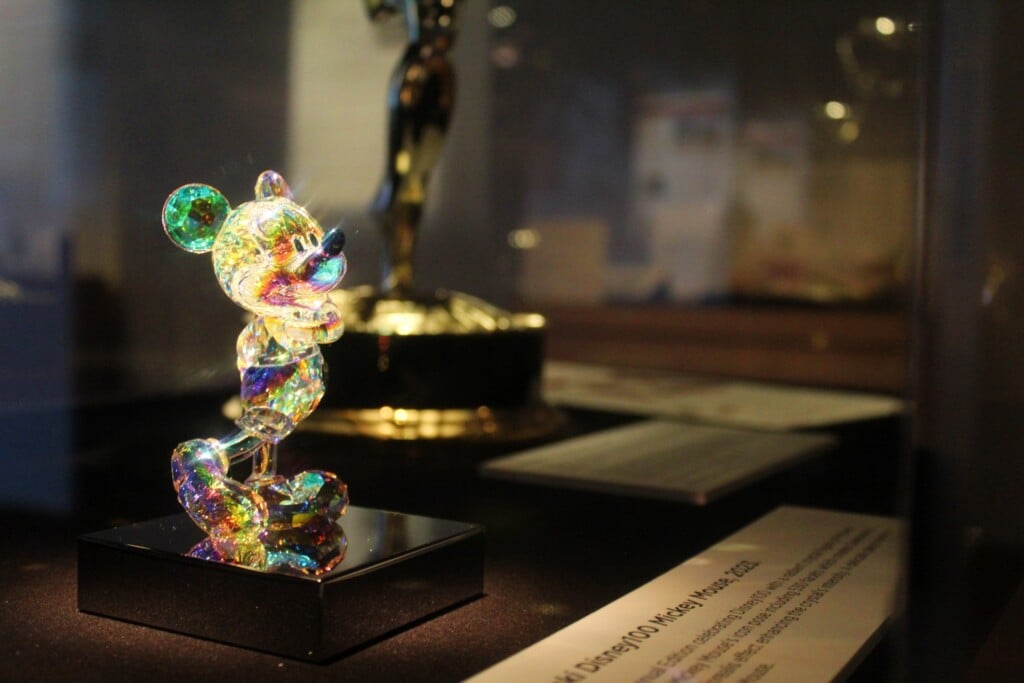Tripped Up
If August is this slow next year, I’m booking a flight to Edinburgh, Scotland, or New York City to take in their annual fringe festivals, where this year’s theatergoers are besotted with such loopy fare as Armless, a black comedy about a man determined to saw off his upper limbs, and Believe in Me — A Bigfoot Musical.
Last weekend, there were only a handful of local theater options, mostly with miniature runs. The Westport Coffee House, for example, hosted The Complete Works of William Shakespeare (Abridged) from a company calling itself 7years2months. At the Stray Cat, downtown, a rendition of Edward Gorey’s pornographic book The Curious Sofa was staged, which a friend assured me would be “stomach-turning.” And south of the urban core, a new theater company is hoping to resuscitate the Alanz Theatre space at 63rd Street and Holmes. It will need a better follow-up, though, than the flatly paced Paula Vogel comedy The Baltimore Waltz.
Locally, the Unicorn Theatre has held a lock on Vogel’s plays. It staged the farcical The Mineola Twins last year, the kinky Hot ‘n’ Throbbing (complete with an exotic dancer’s pole built into the set) a couple of seasons earlier and, before that, her Pulitzer Prize-winning How I Learned to Drive, about the slick machinations of a pedophile. It has staged The Baltimore Waltz as well, but because the Unicorn seldom repeats itself, the play was fair game for Fountainhead Arts and Push-On Productions.
In better hands, The Baltimore Waltz is the stage equivalent of a surreal road movie with liberal leanings — a Thelma and Louise in which one of the pair is a gay man. Its wacky premise finds Anna (Andrea Acosta), an elementary school teacher with Acquired Toilet Disease, and her gay brother, Carl (Eric Haag), embarking on a whirlwind spree of European capitals wearing only their pajamas. The script borders on theater of the absurd and requires more vim and vigor than is on display here in order to take the audience along for the ride.
Acosta’s first scene is a monologue that begins, “Help me.” She proceeds to document the discovery of her ailment, one shared by many single schoolteachers who fail to use the faculty restrooms. It’s a funny, self-deprecating piece of writing, but Acosta seems confused by what kind of play she’s in. As delivered here, the scene is somber and filled with faux angst where it should spin like a top. The rest of her performance never recovers; she’s ill-equipped to give the jokes their necessary bounce and falls shy of inspiring pathos or gravitas. Imagine the self-conscious, cloying film actress Brittany Murphy playing Nora in Ibsen’s A Doll’s House and you get a sense of this actor-character mismatch.
Once Anna and Carl take off for Europe, the show improves a bit, thanks largely to Erik Johnson’s casting as the Third Man (a sly reference to the Orson Welles film of the same name). He plays almost a dozen different characters, starting with Anna’s stern, blaming doctor in the States and including a series of foreigners encountered by the two in such cities as Paris, Vienna and Amsterdam. Three times he embodies sex partners for Anna, who has vowed of her trip, “I intend to fuck my brains out.” Her brother’s gay, all right, and Amsterdam is Europe’s San Francisco, but he seems uncharacteristically chaste.
Johnson’s work is lively and witty. He’s adept at purposely butchering accents, giving a stereotype like the rude French waiter a fresh douche. He seems to have the most fun playing a Dutch boy who tells a story about sticking his thumb in a dike. (The fact that Vogel is an out lesbian is purely coincidental.) When he’s performing, the show is lifted out of its otherwise tepid funk.
Director Chris McCoy does what he can to give Vogel’s ideas their due. It’s nice to see a director attend to scene changes with as much care as the scenes themselves. Here, they’re evocative of Anna and Carl’s journey; we hear Edith Piaf, a Marlene Dietrich-like saloon singer and some Viennese waltzes. To remind us of Anna’s condition, other scene changes are accompanied by the beep-beep-beep sound of a life-support system. It’s a tad overused, but it’s in the spirit of the play, a comedy undercut with the urgency of impending death. And McCoy’s handling of the twist ending isn’t without weight.
Despite these fleeting assets, the show ultimately can’t be recommended. It’s too passive and raw, an idling vehicle in desperate need of a jump-start.




